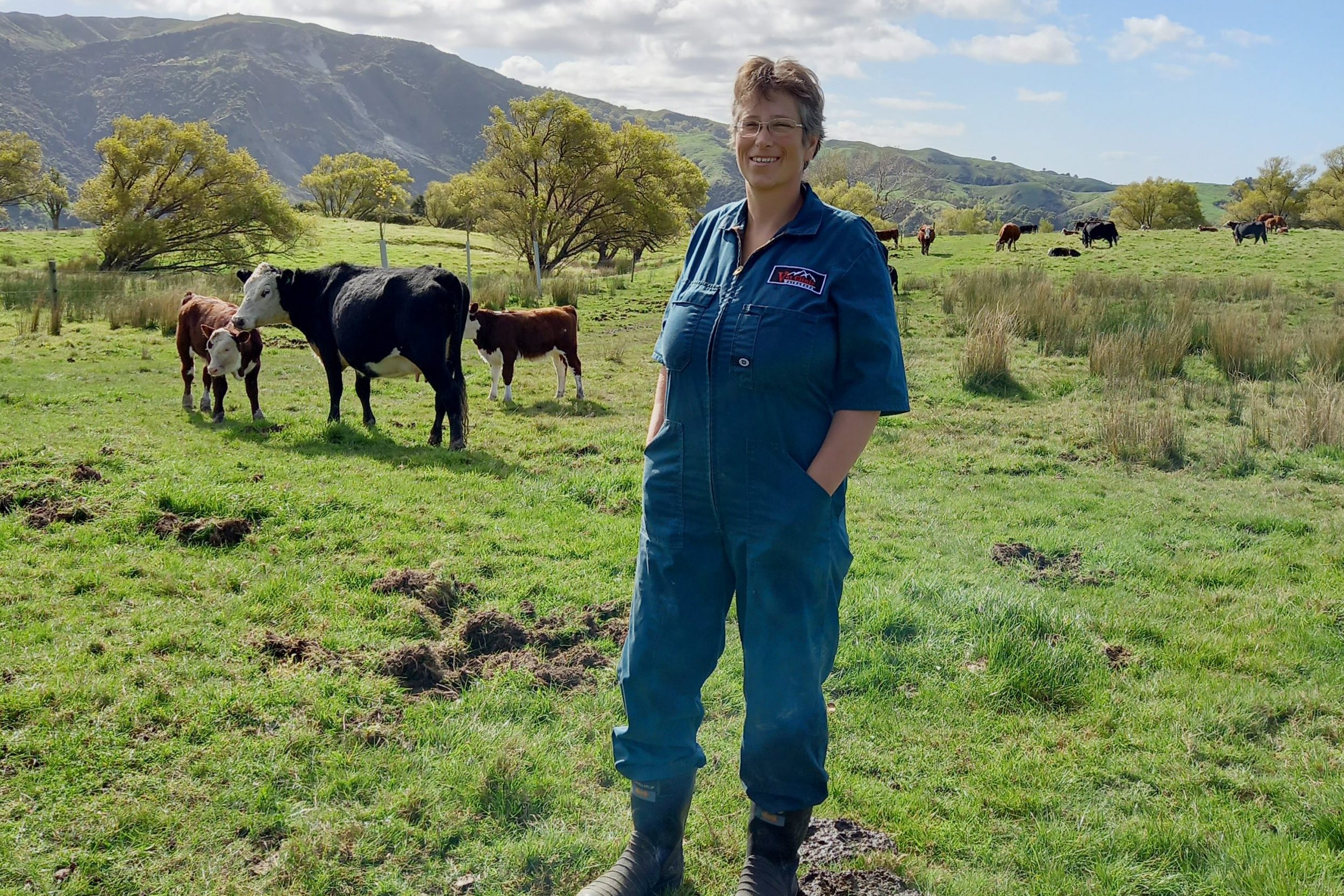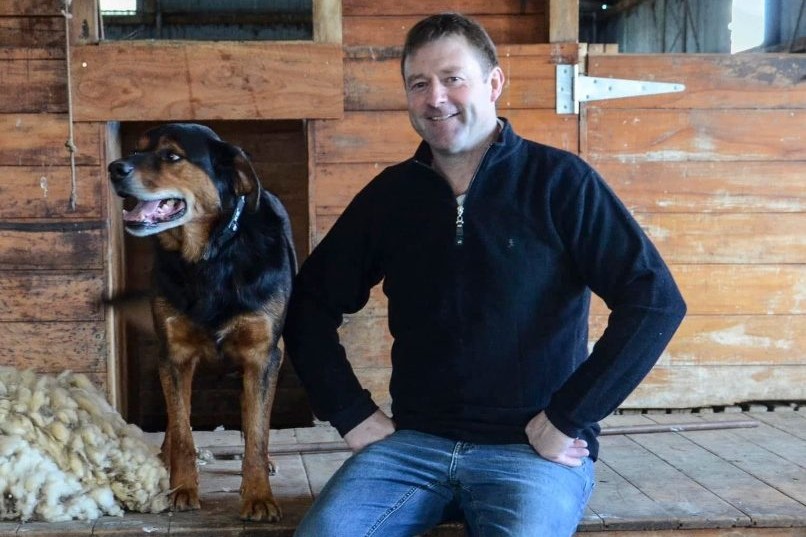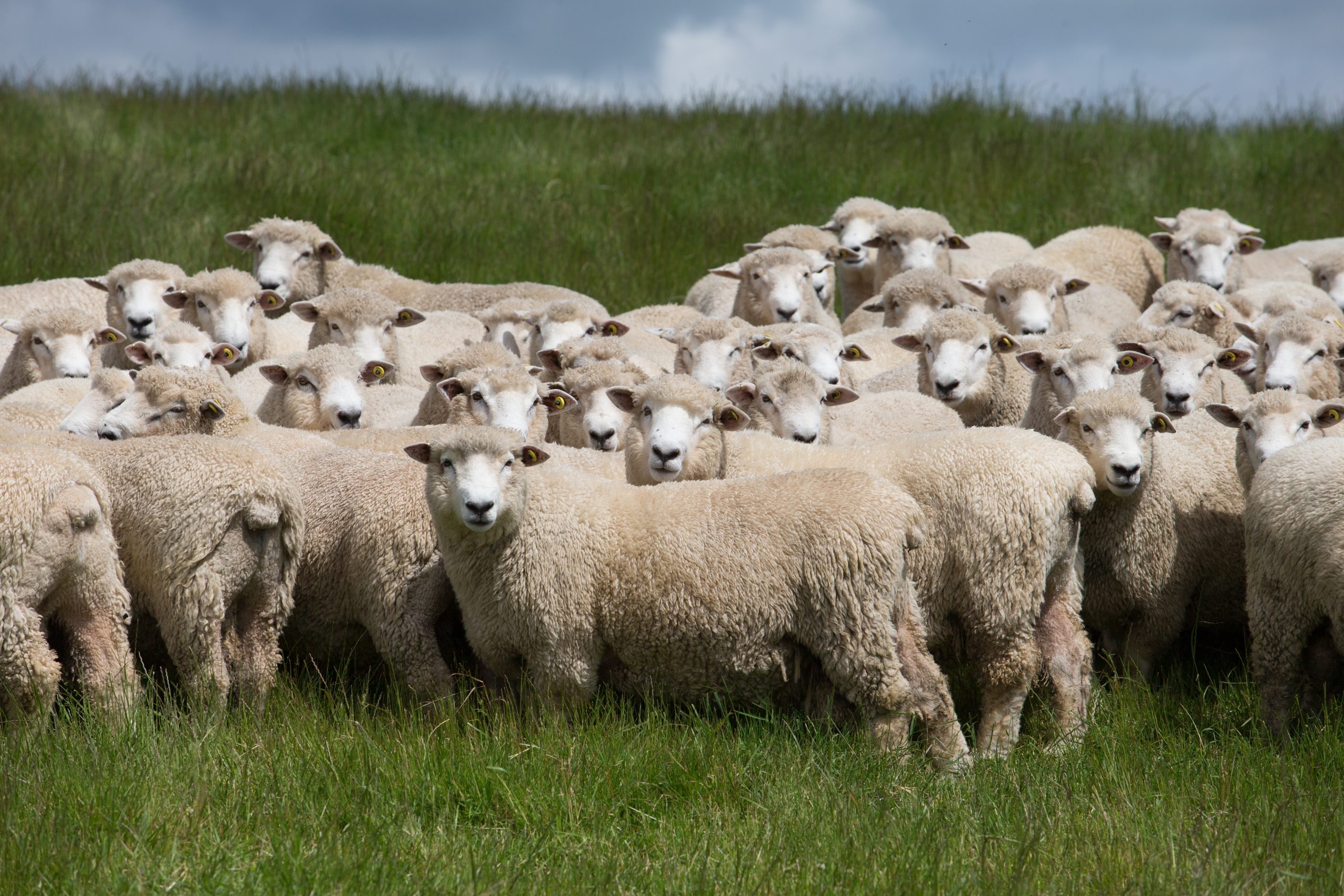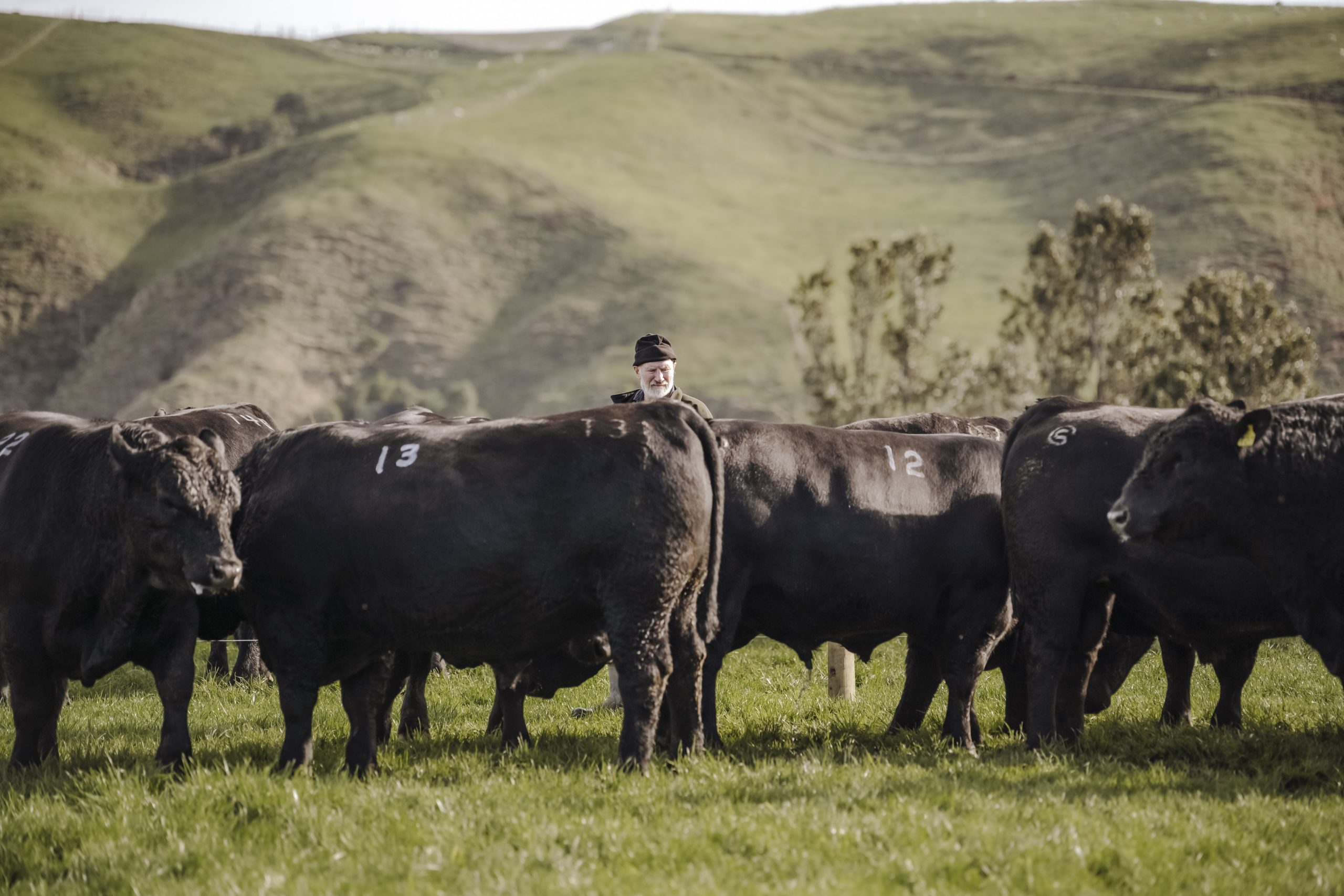With New Zealand amid its bid to eradicate Mycoplasma bovis, Nicola Dennis asks whether we have missed an opportunity to rid the country of other more invasive diseases.
When I was at university, we were taught about Mycoplasmas because they are small. In fact, Mycoplasma sets the record for being the smallest organism.
There is a Mycoplasma that lives in human genital tracks (aptly named Mycoplasma genitalium) that is thought to have the most “minimalist” genome.
M genitalium has about 482 genes (in comparison, E. coli, a larger type of bacteria has about 5000 genes).
As a budding young scientist, I was tricked into believing this was important information to solve the world’s problems.
It wasn’t and until the Government started slaughtering whole herds of cows, the only mileage I got out of my Mycoplasma knowledge was a fun fact about the smallest “living” thing being a venereal disease.
So, what exactly is a Mycoplasma? And is it untreatable?
Well, it’s a type of bacteria, which to remind you, are the tiny little circles and oval looking things that are the “germs” always being massacred in TV adverts.
A Mycoplasma is just a type of bacteria without a cell wall (ie: a tough layer around the outside of the bacteria). The fact that Mycoplasmas don’t have a wall to protect them is neither here nor there.
The little Mycoplasma does perfectly well without it. It is only worth mentioning because some of the antibiotics we use (such as penicillin) act by jamming up the machinery that the bacteria use to maintain their cell wall.
Without a cell wall most bacteria will die, but not a Mycoplasma because it never had one in the first place. Using penicillin on a Mycoplasma is a bit like slashing the tyres of my imaginary tractor.
It won’t slow me down at all because I already wallow about in the mud on Shanks’s pony.
So, whether Mycoplasma is in a cow, or hiding in your trousers, your choice of weapon is an antibiotic that gums up the machinery within the bacteria itself (not the cell wall). Mycoplasma is not an unkillable superbug if you have the right weapon and there are plenty of weapons to choose from, but none have names that end with “cillin”.
Is M bovis dangerous to people or our export markets?
No, it is not. Pretty much every other country has M bovis and it is safe to eat/export meat from infected cattle. I suspect anyone confused about this has probably googled “M bovis” which is actually the scientific shorthand for Mycobacterium bovis or bovine tuberculosis.
Yup, Mycobacterium bovis can kill you.
However, most people would have to go out of their way to consume unpasteurised milk in order to catch it. We don’t kill whole herds for tuberculosis though, do we? So, Mycoplasma bovis must be extra bad. Right?
Nope. As far as I know, the only reason whole herds are being culled for M bovis is because we have such a hard time detecting it. M bovis is not a particularly aggressive bug, it will not be found in large quantities in a cow unless conditions are right for it to go forth and multiply.
To be more specific, it is generally a secondary disease and usually doesn’t cause problems unless the cow’s immune system is compromised by poor condition or another pathogen such as, say BVD.
New Zealand is attempting (rightly or wrongly) to eradicate M bovis because it is a bug we didn’t have before and we want to go back to not having it. Perhaps it will be nice, when we are hopefully successful, to then sit smugly over other countries that didn’t bother.
Maybe we will gain a competitive advantage for international semen sales and live animal exports. However, the eradication effort comes with a hefty price tag. I wonder if there are more invasive diseases we could have eradicated for a similar budget.
Why not round up every persistently infected BVD cow so we don’t fall behind countries such as Ireland and Switzerland which are working to eradicate it?
Why do we have a national programme for bovine tuberculosis, but animals with Johne’s disease or Leptospirosis or Neospora are free to roam unmonitored?
We may have missed a valuable opportunity to really shake things up.




